公司新闻
济南沥青料的特性深度解析
来源:http://www.ycgjglcl.com/ 日期:2025-07-07
沥青料作为道路建设、防水工程等领域的核心材料,凭借独特的性能优势发挥着不可替代的作用。其特性涵盖物理、化学、工程应用等多个维度,深入了解这些特性,有助于更好地理解沥青料在不同场景中的价值与应用。
Asphalt, as a core material in road construction, waterproofing engineering and other fields, plays an irreplaceable role with its unique performance advantages. Its characteristics cover multiple dimensions such as physics, chemistry, and engineering applications. A deep understanding of these characteristics can help better understand the value and application of asphalt materials in different scenarios.
一、优异的粘结与塑性特性
1、 Excellent adhesion and plasticity properties
沥青料最显著的特性之一是强大的粘结能力。它如同天然的 “胶水”,能够牢固地粘附于石料、混凝土等多种基材表面。这种粘结性源于沥青自身的分子结构,其复杂的高分子聚合物链在接触基材时,能够渗透到材料表面的微小孔隙中,形成机械咬合,同时与基材表面发生物理吸附作用,从而实现紧密结合。在道路铺设中,沥青料将碎石颗粒牢牢包裹并粘结在一起,使路面具备整体强度与稳定性。此外,沥青料还具备良好的塑性,在常温下呈半固体状态,受到外力作用时能够缓慢变形而不轻易断裂,即便道路因车辆荷载或温度变化产生轻微位移,沥青路面也能通过自身变形适应环境,降低开裂风险。
One of the most significant characteristics of asphalt is its strong bonding ability. It is like a natural "glue" that can firmly adhere to the surfaces of various substrates such as stone and concrete. This adhesion originates from the molecular structure of asphalt itself. Its complex polymer chains can penetrate into the tiny pores on the surface of the material when in contact with the substrate, forming mechanical interlocking and physical adsorption with the substrate surface, thus achieving a tight bond. In road paving, asphalt material firmly wraps and bonds crushed stone particles together, giving the road surface overall strength and stability. In addition, asphalt has good plasticity and is in a semi-solid state at room temperature. When subjected to external forces, it can slowly deform without easily breaking. Even if the road undergoes slight displacement due to vehicle loads or temperature changes, asphalt pavement can adapt to the environment through its own deformation and reduce the risk of cracking.
二、良好的防水与耐腐蚀性能
2、 Good waterproof and corrosion-resistant performance
沥青料是出色的防水材料,其致密的结构几乎不与水发生化学反应,能够有效阻挡水分渗透。在屋面防水、地下工程防水等场景中,沥青基防水涂料或防水卷材发挥着关键作用,能够形成连续、完整的防水层,将建筑物与外界水分隔绝开来,保护建筑结构免受水侵蚀。同时,沥青料对酸、碱、盐等化学物质具有较强的抵抗能力,在工业厂区、化工园区等存在腐蚀性介质的区域,使用沥青铺设道路或地面,能够长期抵御化学物质的侵蚀,延长设施使用寿命,减少维护成本。
Asphalt material is an excellent waterproof material, with a dense structure that hardly undergoes chemical reactions with water, effectively blocking water infiltration. In scenarios such as roof waterproofing and underground engineering waterproofing, asphalt based waterproof coatings or waterproofing rolls play a crucial role in forming a continuous and complete waterproof layer, isolating buildings from external moisture and protecting the building structure from water erosion. At the same time, asphalt has strong resistance to chemicals such as acid, alkali, and salt. In areas with corrosive media such as industrial plants and chemical parks, using asphalt to lay roads or floors can resist the erosion of chemicals for a long time, extend the service life of facilities, and reduce maintenance costs.
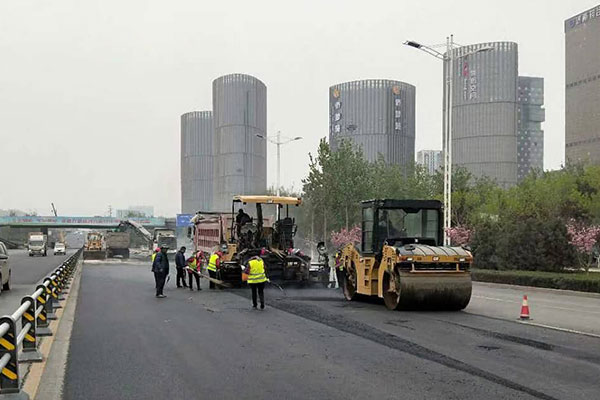
三、温度敏感性与流变特性
3、 Temperature sensitivity and rheological properties
沥青料的性能会随温度变化而显著改变,呈现出明显的温度敏感性。在高温环境下,沥青料会逐渐软化,变得易于流动,若温度过高,可能导致路面出现车辙、拥包等病害;而在低温环境中,沥青料则会变硬变脆,柔韧性降低,当受到车辆荷载或温度收缩应力时,容易产生裂缝。此外,沥青料还具有独特的流变特性,在不同应力和温度条件下,其表现出粘性和弹性的双重性质。这种流变特性使得沥青料在道路使用过程中,既能像粘性流体一样吸收车辆行驶产生的振动和冲击能量,又能凭借弹性恢复部分变形,维持路面结构的完整性。
The performance of asphalt material will significantly change with temperature changes, showing obvious temperature sensitivity. In high temperature environments, asphalt materials will gradually soften and become easier to flow. If the temperature is too high, it may lead to road ruts, bumps, and other defects; In low-temperature environments, asphalt materials will become harder and brittle, with reduced flexibility. When subjected to vehicle loads or temperature shrinkage stresses, cracks are prone to occur. In addition, asphalt materials also have unique rheological properties, exhibiting dual properties of viscosity and elasticity under different stress and temperature conditions. This rheological property allows asphalt to absorb the vibration and impact energy generated by vehicle movement like a viscous fluid during road use, while also recovering partial deformation through elasticity to maintain the integrity of the road surface structure.
四、热稳定性与耐久性
4、 Thermal stability and durability
经过特殊工艺处理的沥青料具备良好的热稳定性。在道路施工过程中,沥青混合料需要在高温下进行拌和、摊铺和压实,优质的沥青料能够在高温环境下保持性能稳定,不发生过度氧化、老化或性能劣化。同时,沥青料具有较长的耐久性,在正常使用条件下,沥青路面能够承受车辆的反复碾压、日晒雨淋以及温度变化等环境因素的影响,服役寿命可达数十年。通过添加改性剂、优化配合比等手段,还能进一步提升沥青料的耐久性,使其更好地适应不同的使用场景和气候条件。
Asphalt materials treated with special processes have good thermal stability. During road construction, asphalt mixture needs to be mixed, spread, and compacted at high temperatures. High quality asphalt can maintain stable performance in high temperature environments without excessive oxidation, aging, or performance degradation. At the same time, asphalt has a long durability. Under normal usage conditions, asphalt pavement can withstand the repeated rolling of vehicles, exposure to sunlight, rain, and temperature changes, and its service life can reach several decades. By adding modifiers, optimizing mix proportions, and other methods, the durability of asphalt materials can be further improved to better adapt to different usage scenarios and climatic conditions.
This article is a friendly contribution from Jinan Water Stable Mixing Plant For more information, please click: http://www.ycgjglcl.com Sincere attitude To provide you with comprehensive services We will gradually contribute more relevant knowledge to everyone Coming soon.


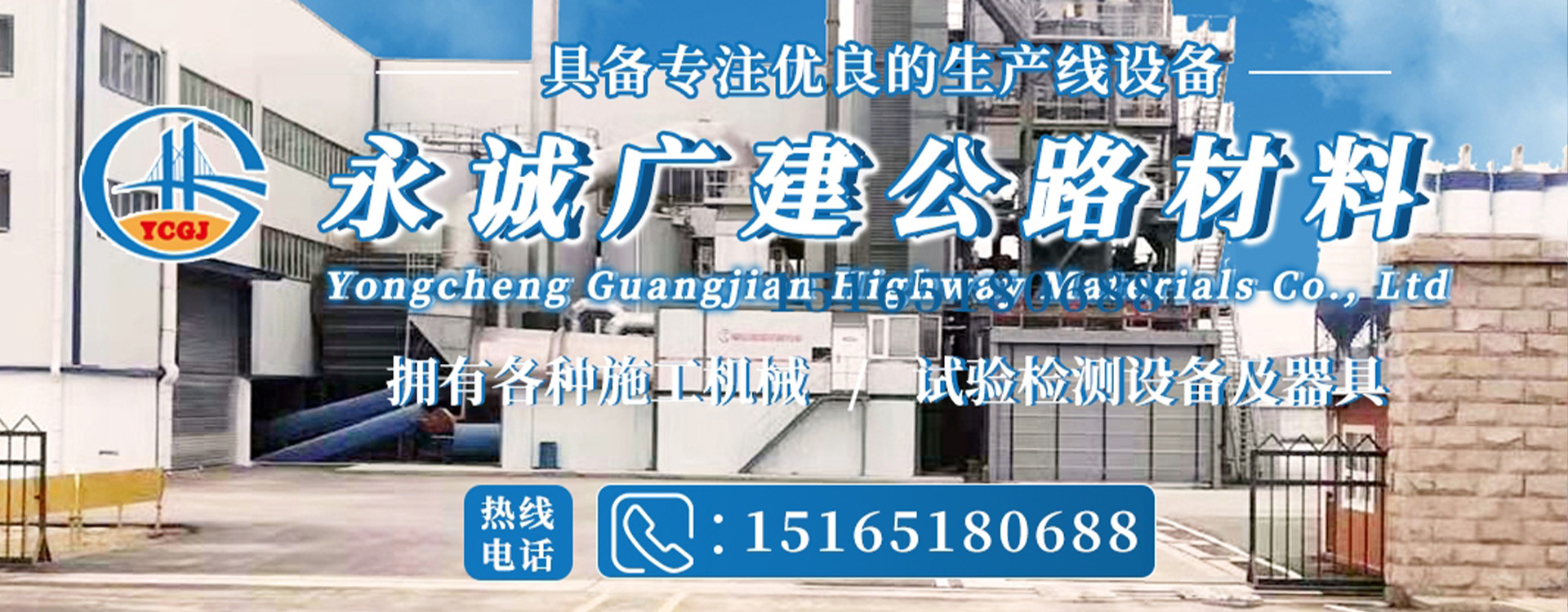
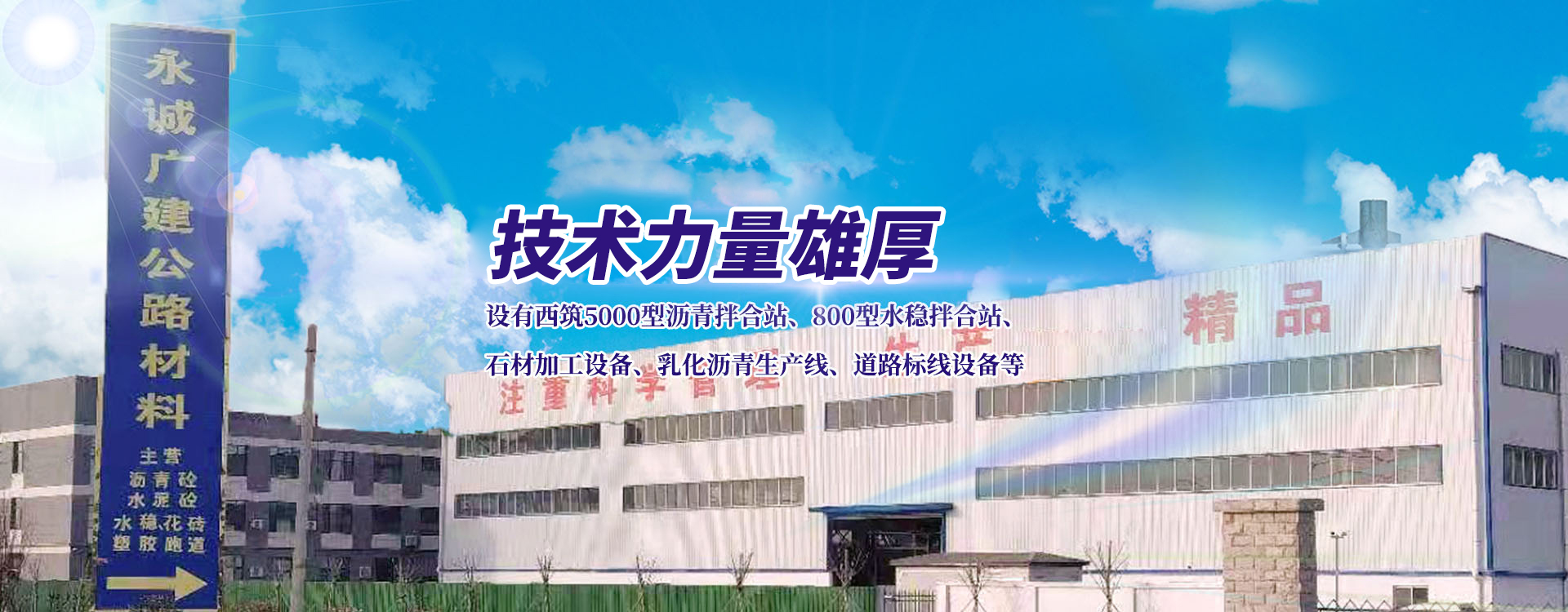
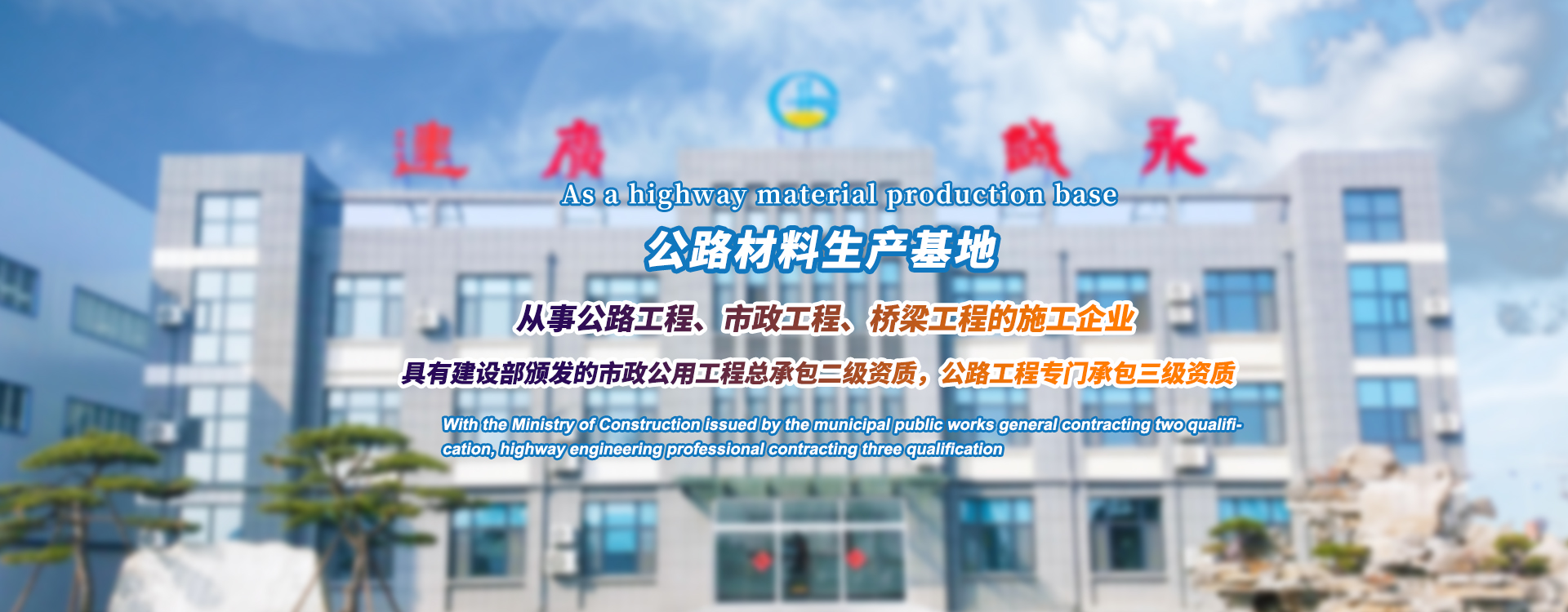







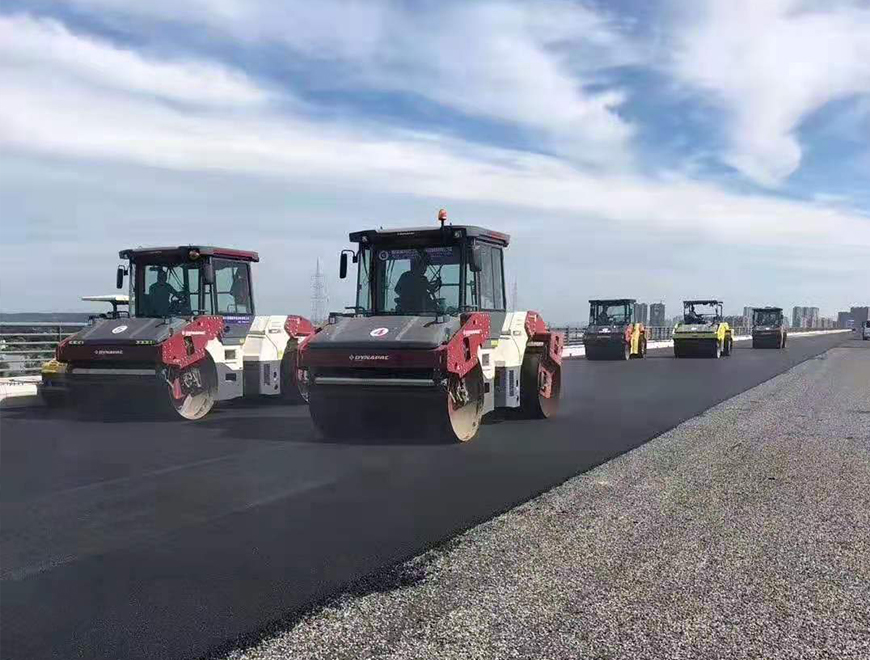
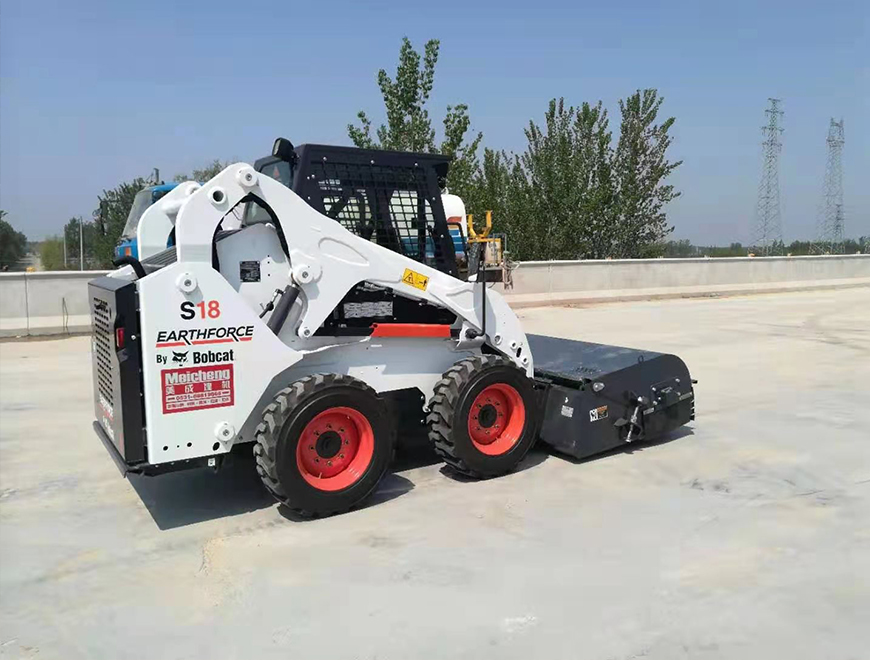
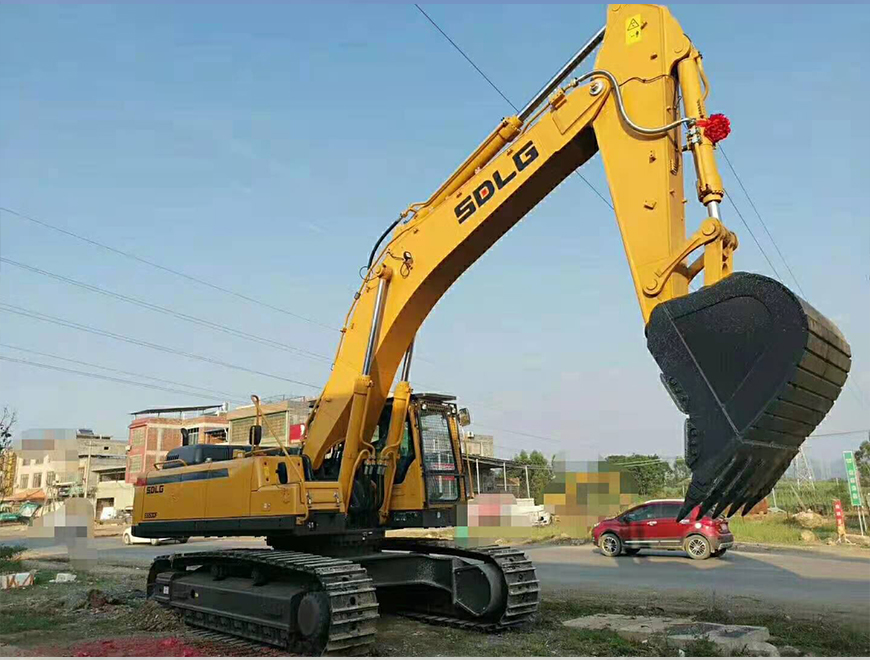
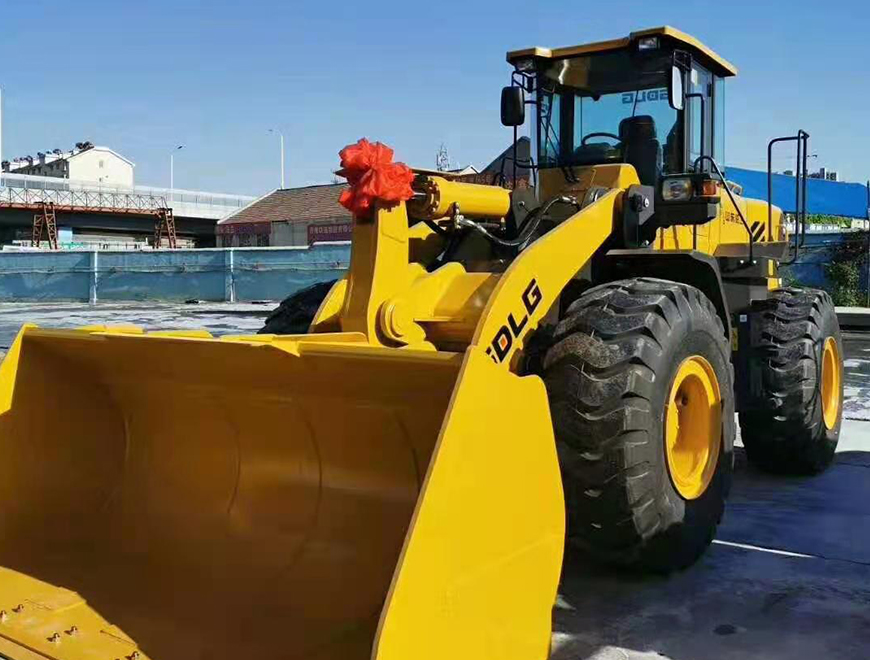
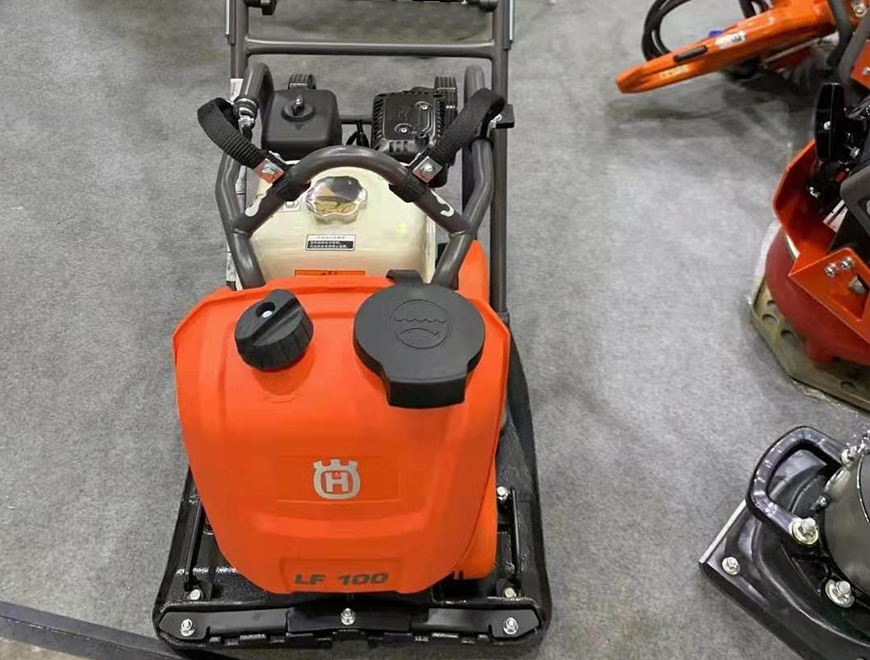
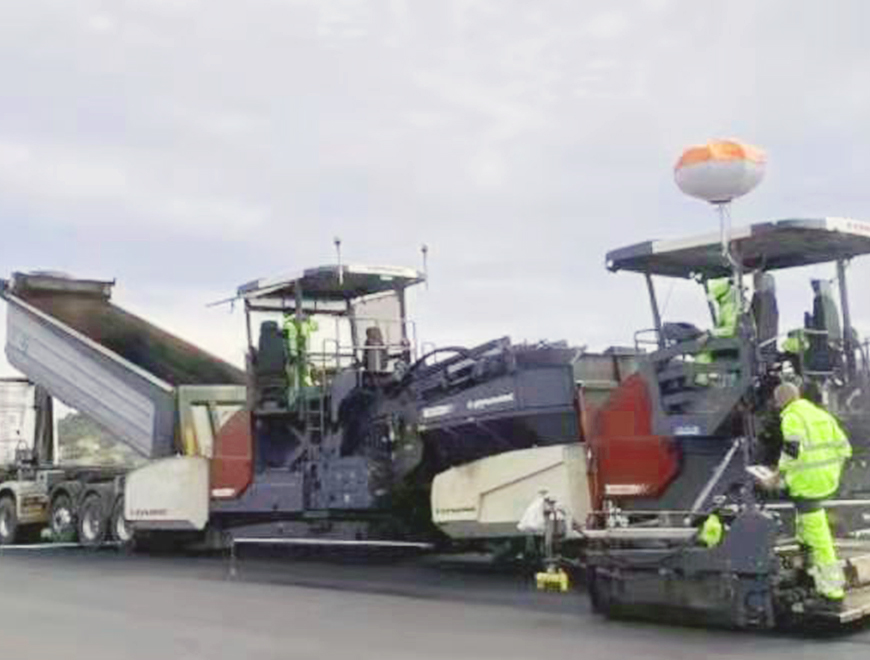
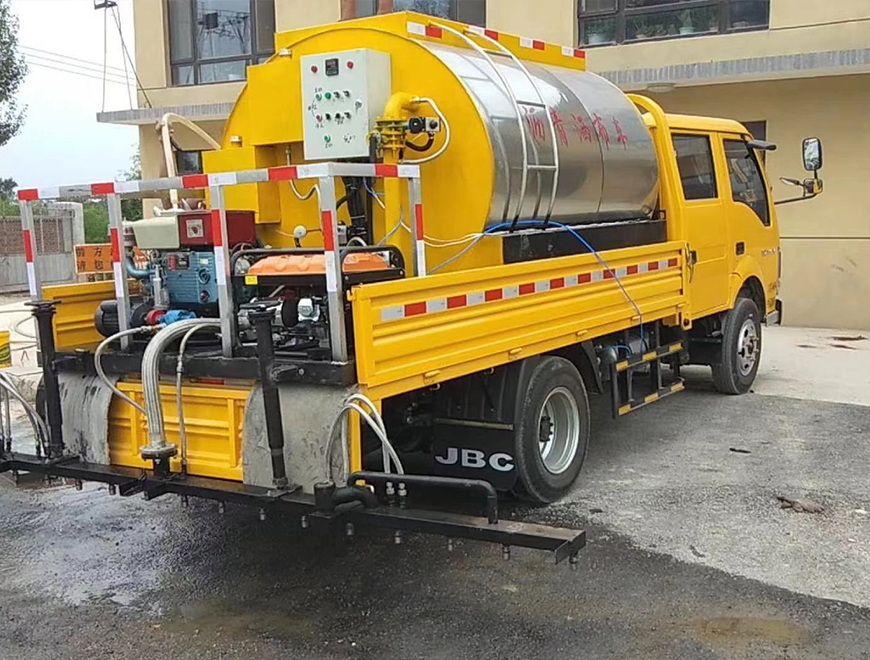





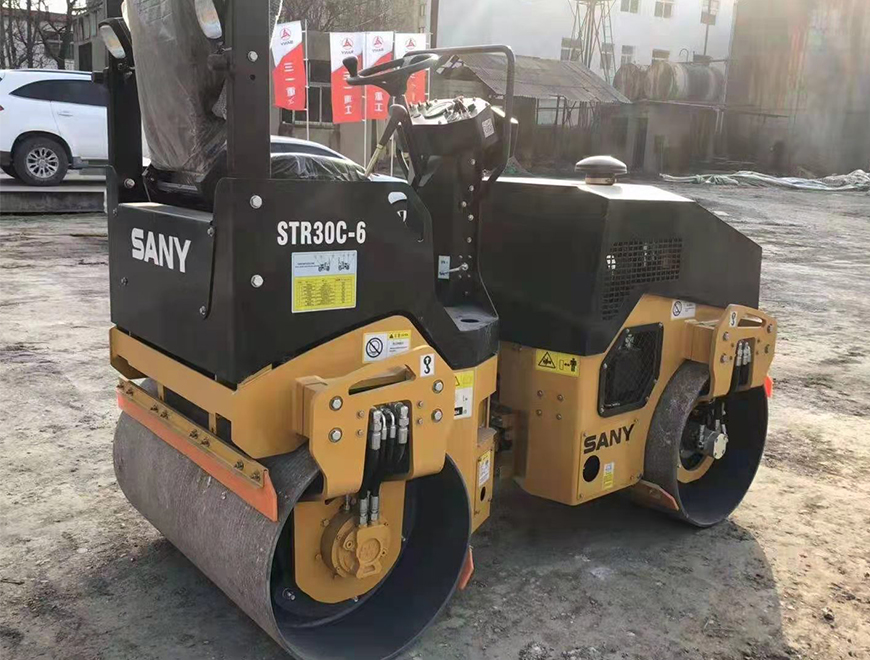
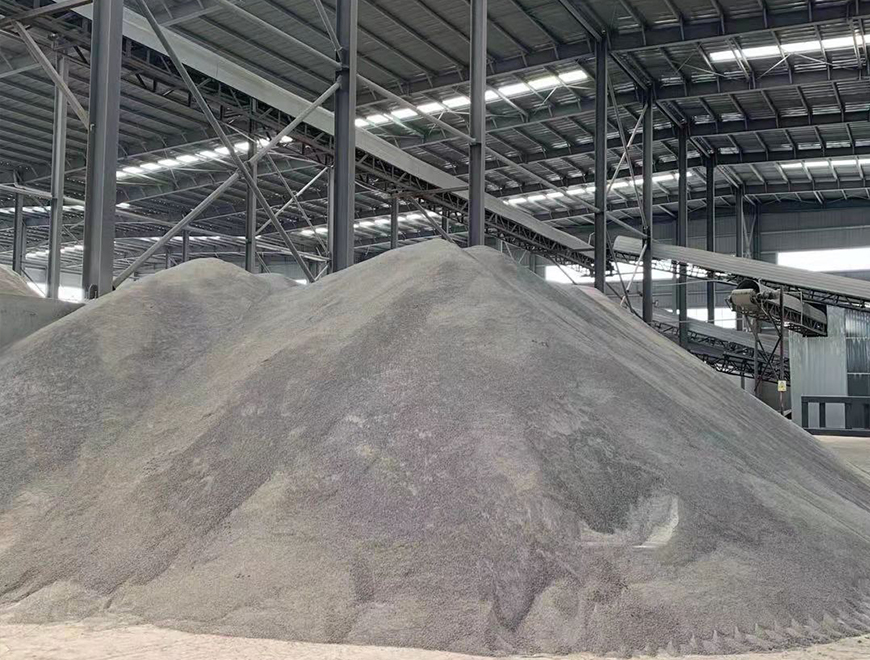
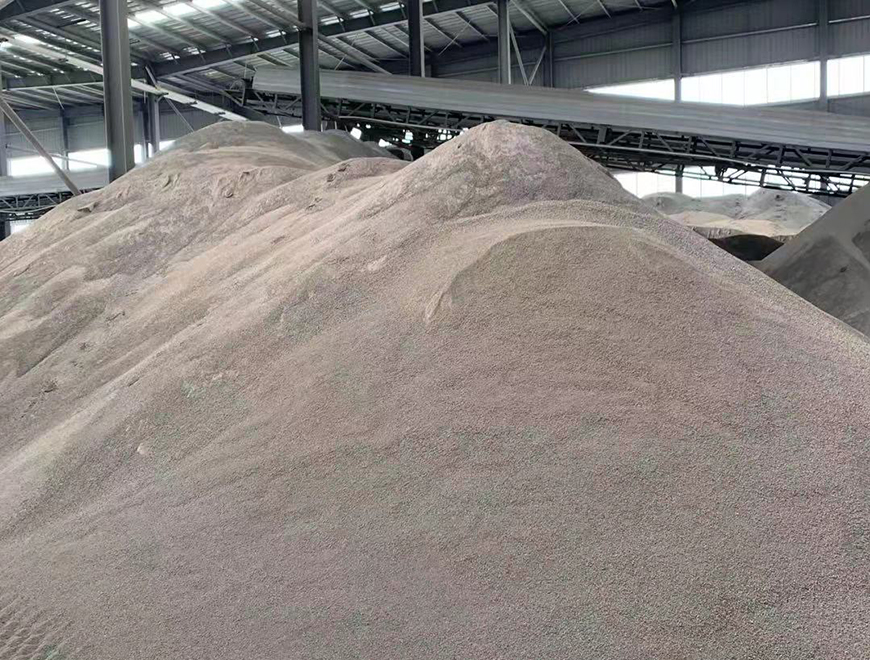
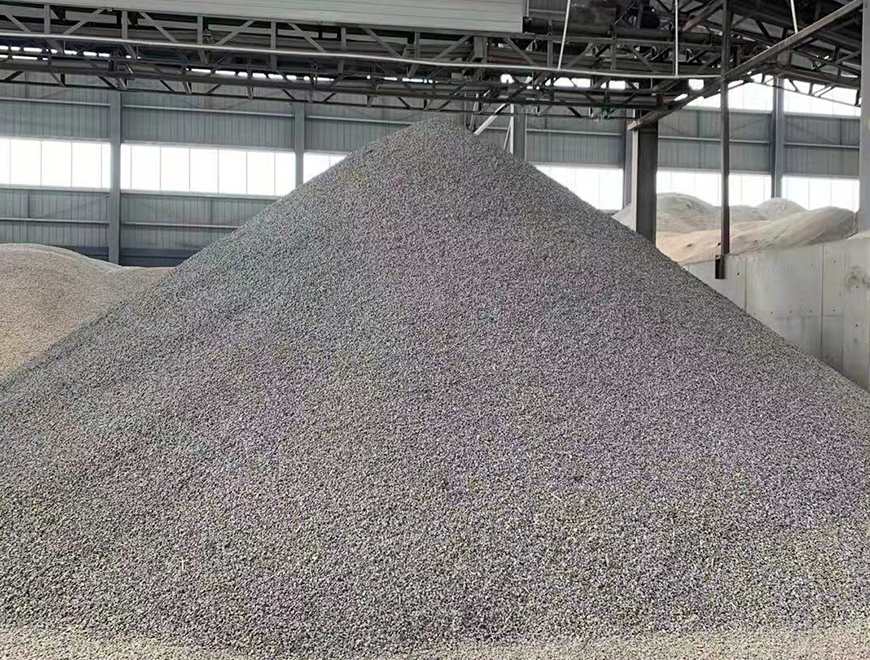
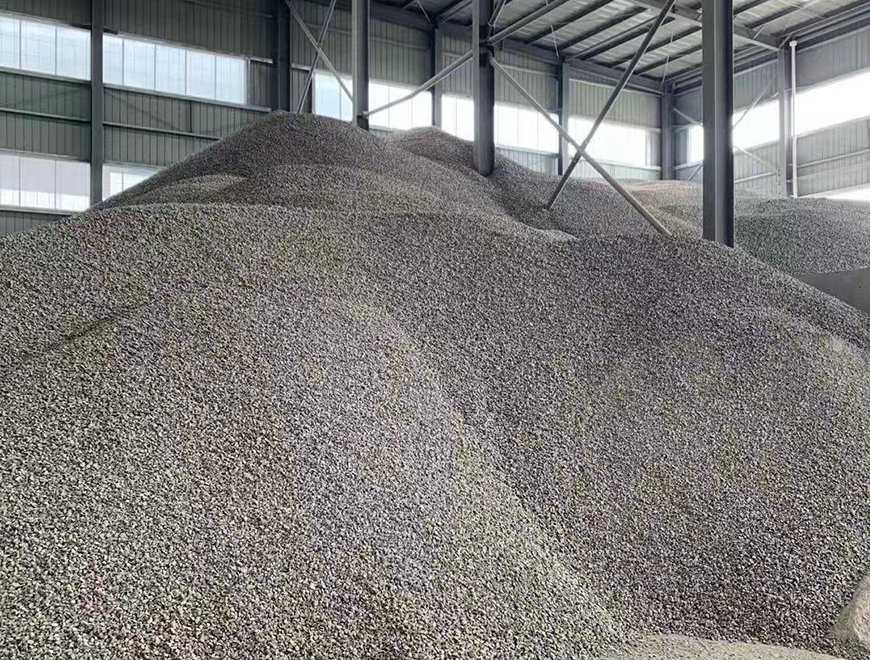
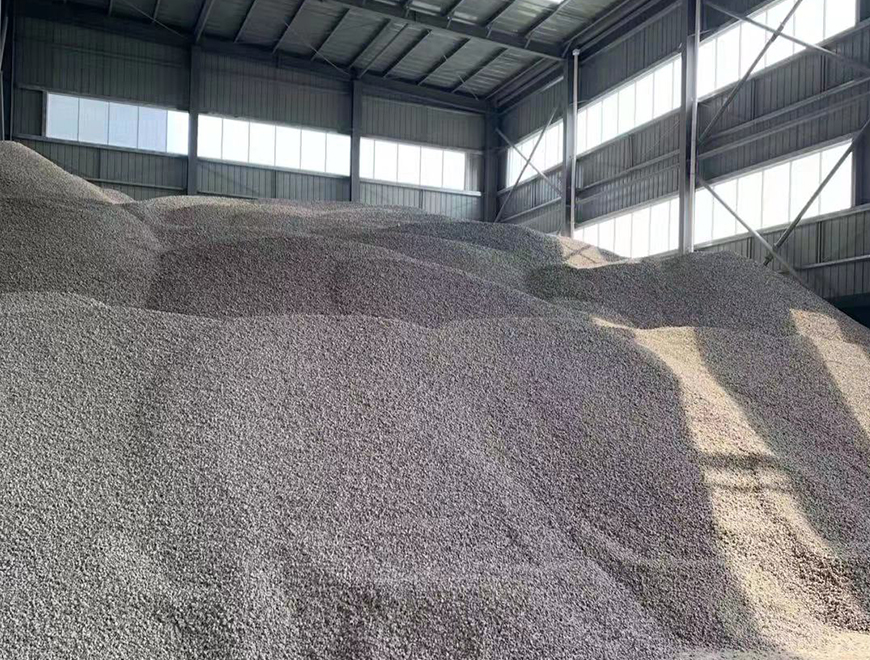
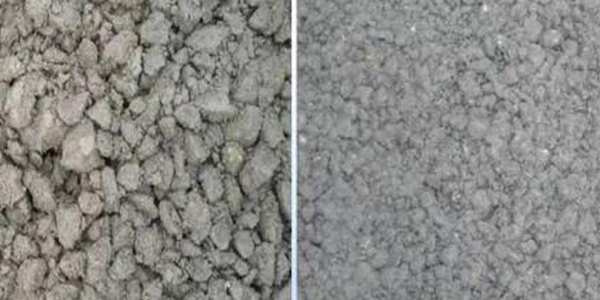
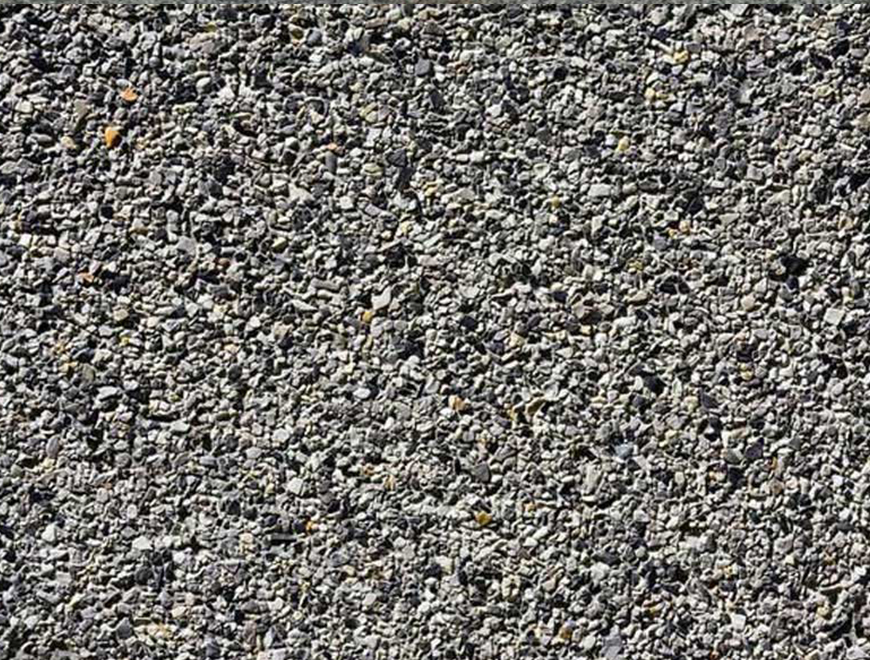

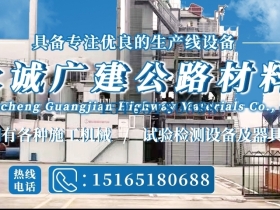




 公司地址:济南市商河县贾庄镇民营经济创业园
公司地址:济南市商河县贾庄镇民营经济创业园 公司名称:永诚广建公路材料(山东)有限公司
公司名称:永诚广建公路材料(山东)有限公司  备案号:
备案号: